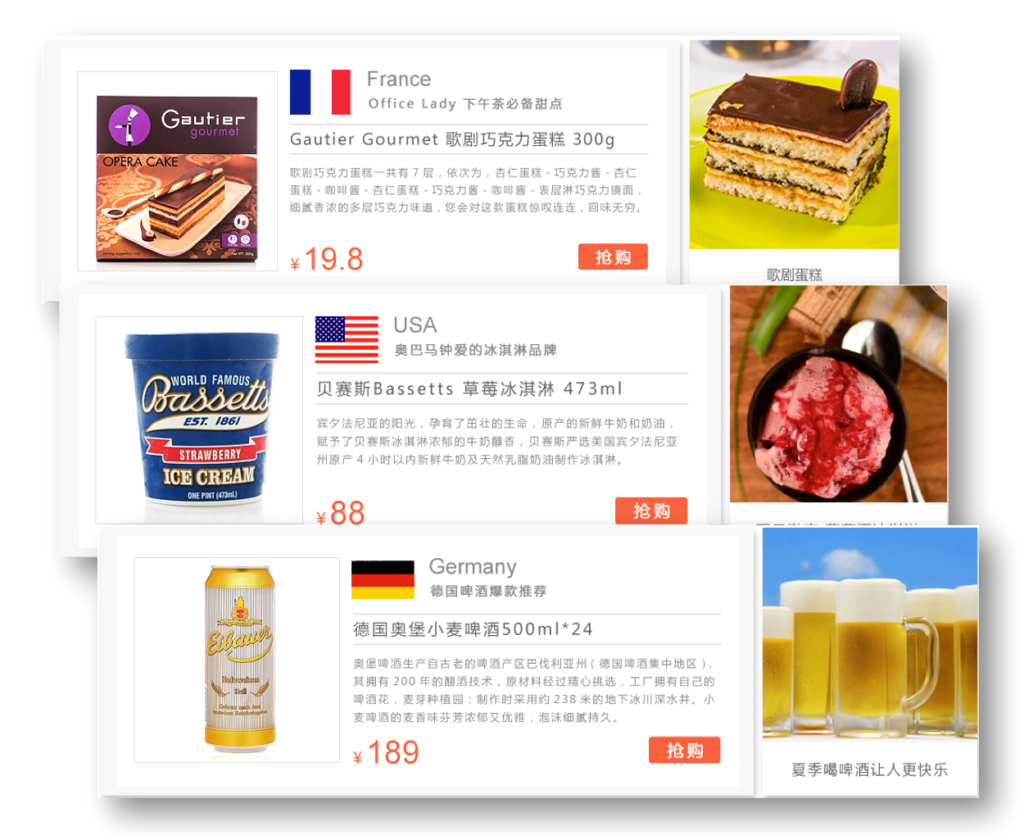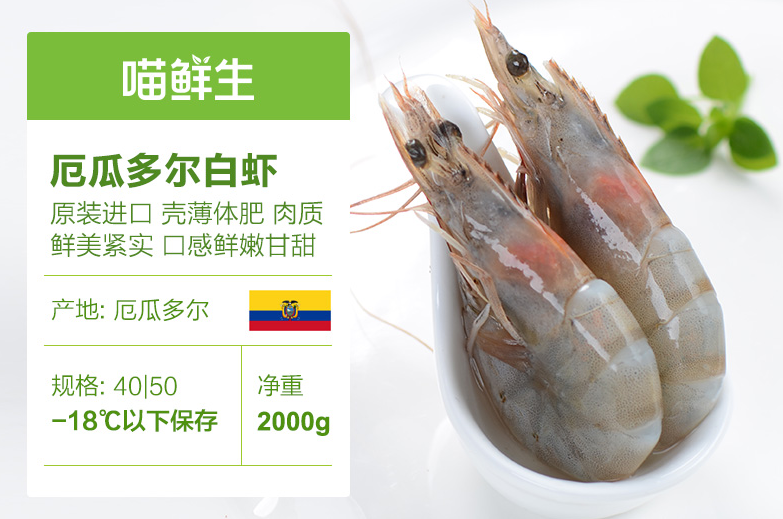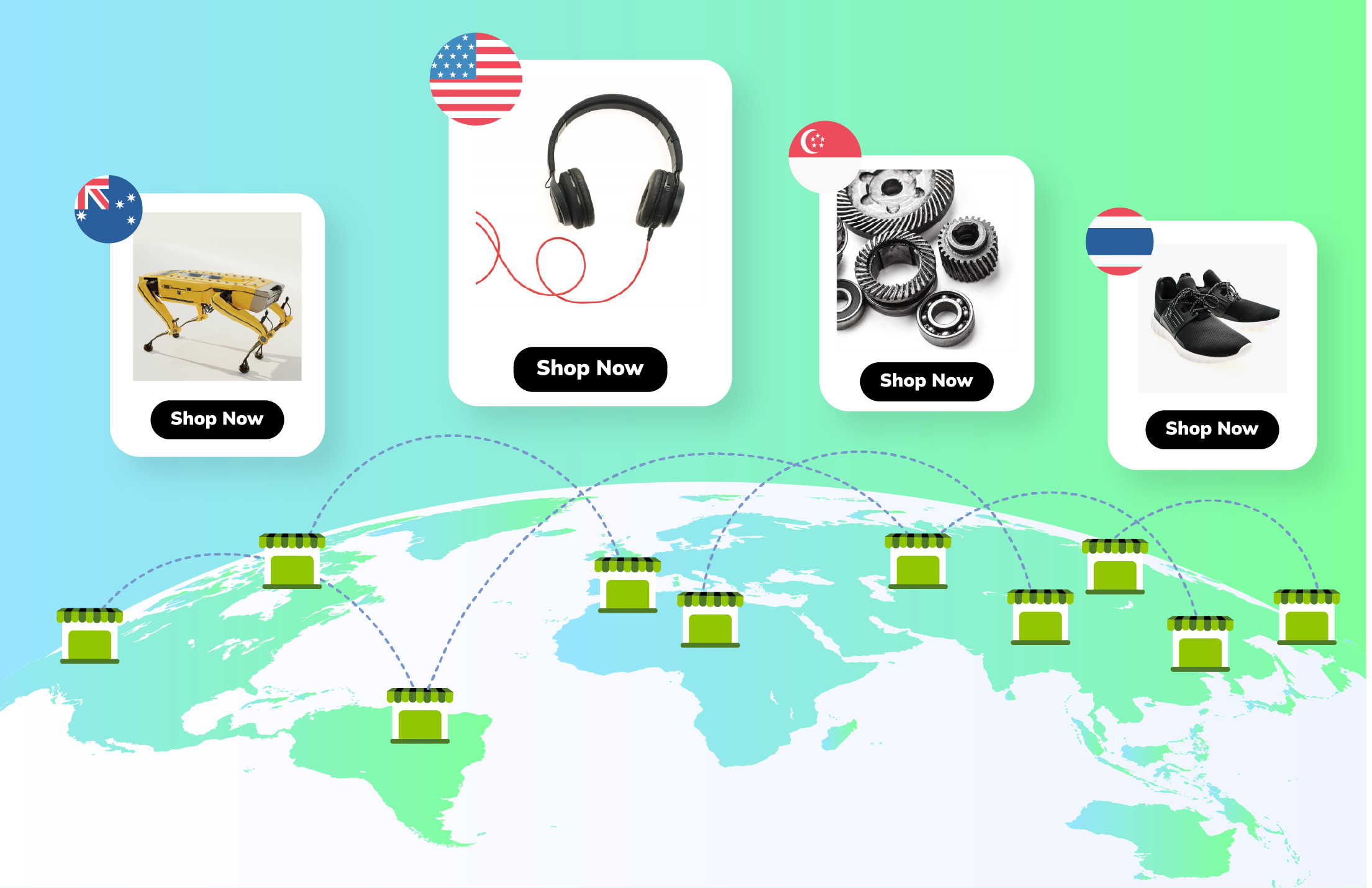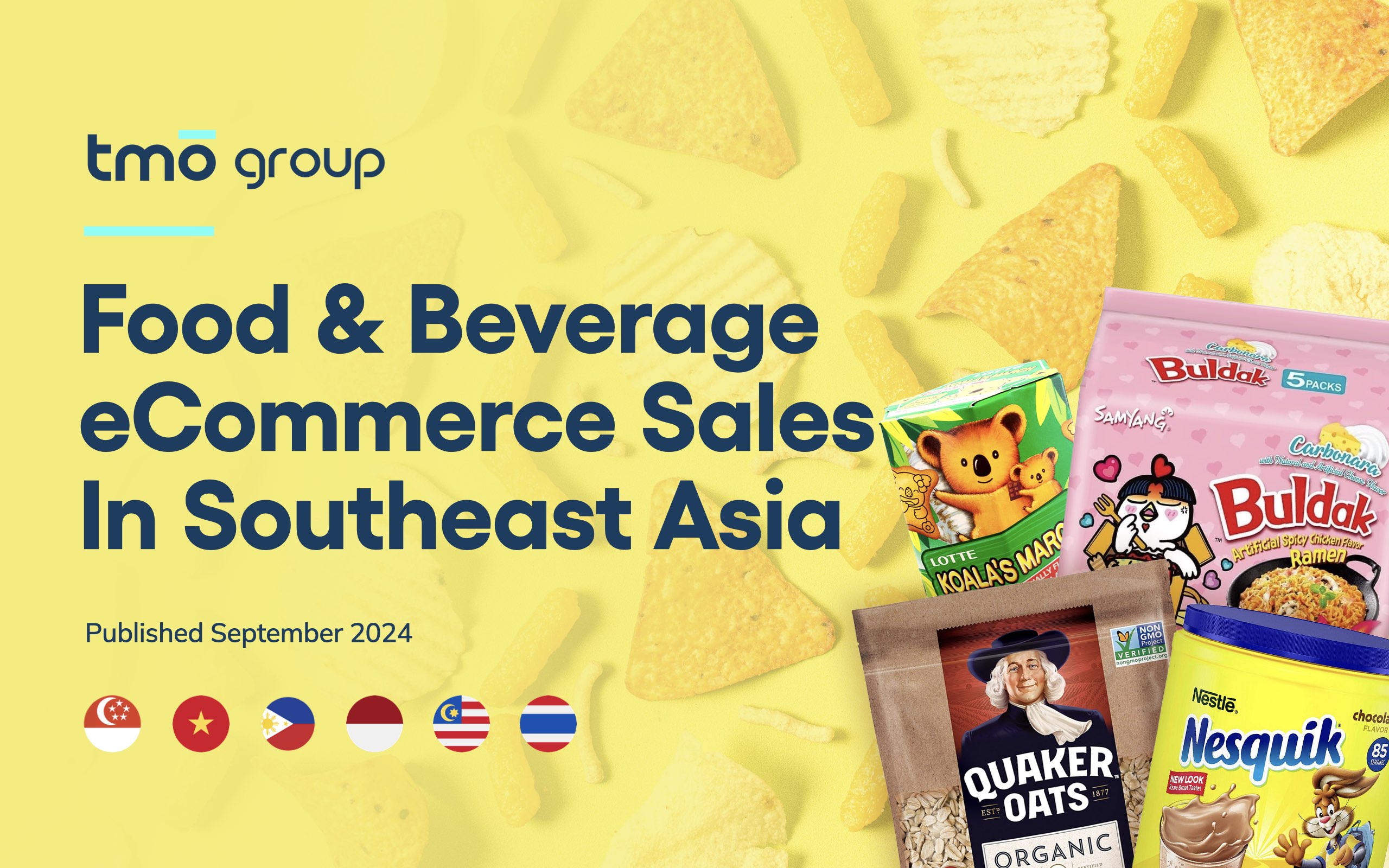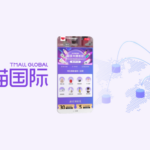Imagine your routinely grocery business supply chain has added one more stop: China. Now, more foreign grocery supplier/wholesaler are exploring cross border eCommerce as a method of selling their products into China.
Exponential growth in China
The value of eCommerce sales in China is growing exponentially, especially grocery via cross border eCommerce. More precisely, it has become a win-win situation: Chinese customers can browse and purchase more authentic foreign products with lower price, while cross border eCommerce offer foreign retailers price premiums they would not achieve on the domestic market.
An Australia retailer to send product from the Margaret River Wine Region direct to consumers in China
For example, one Australian milk product supplier says that they are “making somewhere between $7 to $15 per litre by going directly into the Chinese market”, while they could only “sell per litre in the domestic Australian market at $l a litre”.
Why I can make a sell in China market?
Chinese culture places great emphasis on food. Food occupies a central location not only in daily life but in celebrations, festivals and holidays as well.
One more relevant reason to expand your business to China is: Chinese customers love foreign grocery/food products. To those health-conscious middle class customers, imported grocery products are the quality products they can trust. Hence, they believe that it’s also fair to pay a little more.
You may wonder that what foreign grocery products sell most in China. Historically, normal grocery spaces are doing great in China eCommerce, for example, foreign milk products, chocolates, ice creams, alcohols or snacks. But now, Chinese eCommerce customers are moving very quickly into live space, wellness food and fresh products. Australian seafood (lobster, shrimp, clam), Tropical fruits (mango, banana, cherry) from South America Region, American and European health supplements (animal oil, vitamins and minerals) have been widely favored in China market.
French cakes, American ice-creams, German beers are top sellers in China via cross border eCommerce
“Positive List” will secure your imports to China
In April 2016, China has issued a “Positive List” to support the implementation of tax policy on cross-border e-commerce of imported food at retail. The positive list involves a total of 1142 commodity categories. Only the listed commodities can be imported to China through cross border eCommerce.
The categories of fresh food (fruit, seafood and milk and certain types of meat product), health food, cereal products, grain and oils, herbs, liquid milk, adult milk powder, cosmetics are listed in the Positive List. These products listed can clearly be imported via the cross border eCommerce model. Your grocery products will have the “green light” to sell to China under the new regulations.
Fresh shrimps imported from Ecuador
However, is the remarks in the Positive List require most of such food can only be sold through the Bonded Zone Model. The reason could be that compare to Direct Shipping Model, the Bonded Zone Model will go through more strict quarantine inspection so can better ensure food safety of the products.
Which Platform to sell?
Choosing a perfect cross border eCommerce platform to land your business in China can be confusing: there are numerous platforms that have tens or hundreds of millions of users each. Tmall and JD.com are known as the most popular eCommerce platform in China now, but there are certain challenges you need to consider before launching your business there.
In fact, setting up your own cross border eCommerce platform has proved a success for some foreign retailers. No need to “live under other platform’s roof”, you will not only have own control of your data, but also can expand your eCommerce to multi channels. For example, WeChat eCommerce will be vital for your business, since WeChat is the biggest social app now in China. Moreover, your customers will have the same user experiences on both desktop, and mobile.
As a developing pioneer in China, TMO Group know eCommerce ecosystem well, and we are open to give you the service and quality workmanship that is well expected. Please feel free to contact us with any questions regarding eCommerce solutions that you may have!
More about Foreign Grocery:



